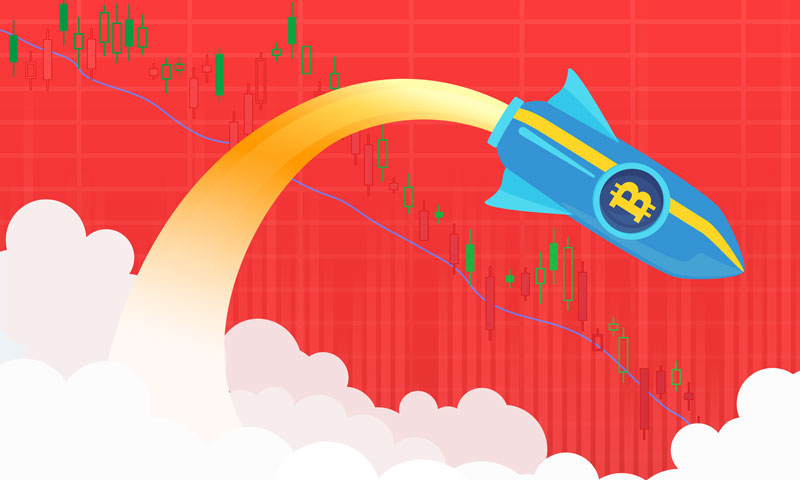
Dealing with a cryptocurrency crash
Under other circumstances, the ongoing saga relating to the death of Gerald Cotten would probably be generating massive amounts of media coverage. Right now, however, there is so much else going on in the world that it appears to have been largely been relegated to the backburner, at least in the mainstream publications both print and online.
It is, however, very much continuing to make waves in the crypto world and to raise interesting questions about how the industry will progress.
The Gerald Cotten story so far
Officially, Gerald Cotten died on 9th December 2018. There are some conspiracy theorists who believe that he is still alive, but as far as the authorities are concerned, he is dead and there is a death certificate to prove it.
There was not, however, a record of the password to the offline wallets containing some C$180m ($137m; £105m) belonging to the customers of QuadrigaCX, the currency exchange he founded.
Cotten, it appeared, had taken that secret with him to his (very early) grave. A couple of months later, however, the story took a new twist when the password was recovered – but the money in the wallets was not. In fact, as far as auditors Ernst & Young have been able to determine, the last time there was any money in the wallets was April 2018.
Investigations are now underway and, at this point, it is believed that the Canadian police and U.S. FBI are both looking into the matter but, at the end of the day, the nature of cryptocurrency is such that finding the missing funds is likely to prove challenging. Then, if they are found, there will be the issue of recovering them.
The implications for the industry
If there’s is one cold, hard reality the Cotten mystery has brutally highlighted, it is that the fact that just because you can do something does not mean that you should. Specifically, the fact that being able to hold cryptocurrency over the long term does not mean it is a good idea that you do, especially not if you are using a decentralised service that is unregulated.
This is not to demonise cryptocurrencies or to laud the mainstream financial-services industry as bastions of ethics and integrity, it is simply recognising the universal truth that there is a direct link between accountability and identity.
In other words, you need to know who you’re dealing with if you are to have any chance of holding people accountable for their behaviour.
This means that those who are interested in crypto currencies really only have two practical options for keeping their funds safe. Option one is just to use crypto to fund transactions. Senders would convert only what they needed when they needed it and recipients would immediately convert the crypto into a mainstream currency. This both avoids issues with fluctuations in value and the issue of crypto “disappearing” in storage (whether through malice or error). The other is to stick with the new “mainstream” crypto services, which, presumably will be regulated, such as Facebook’s Libra.



